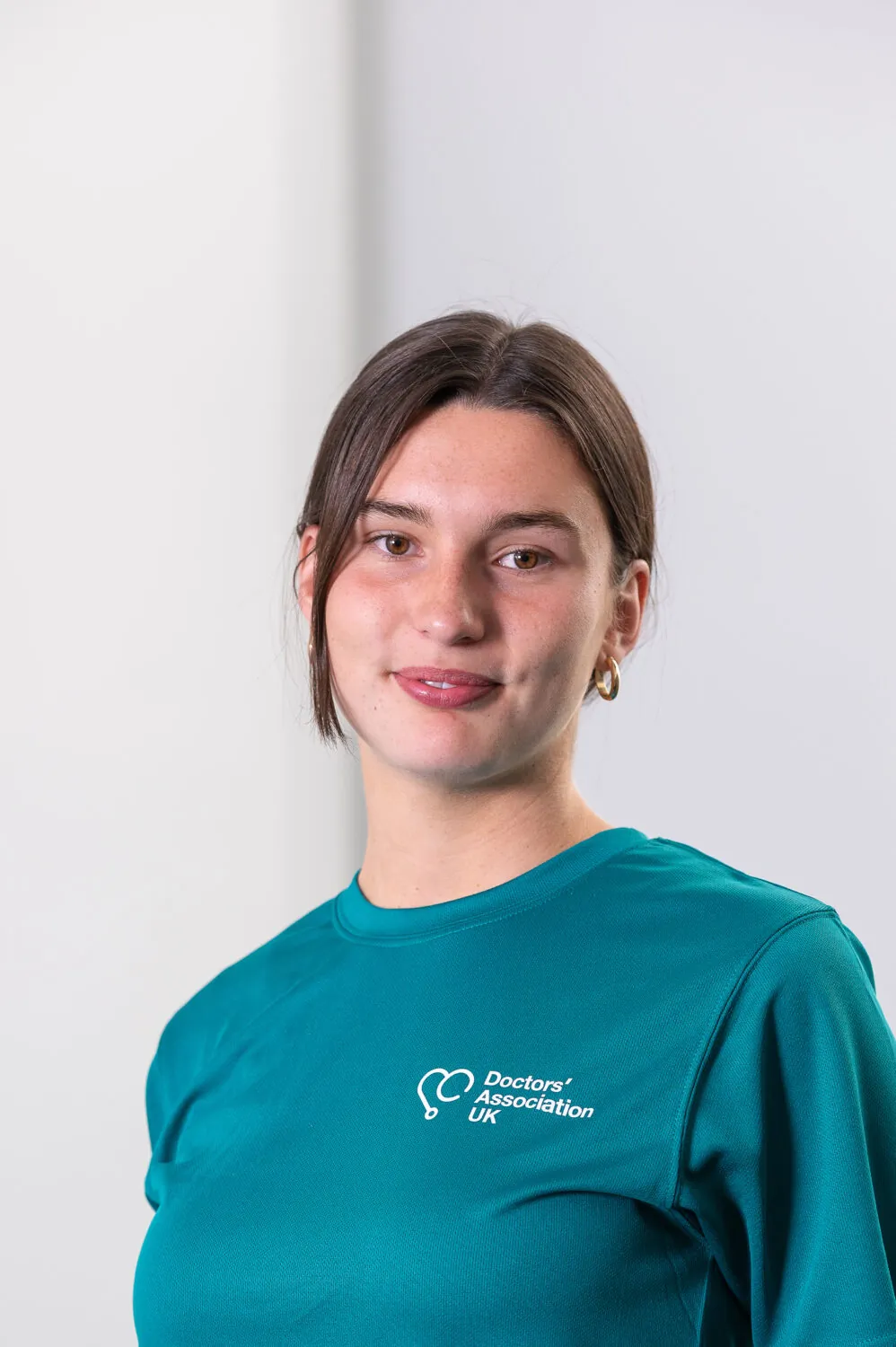
Changeover Day is the first Wednesday in August when thousands of newly qualified doctors start and junior doctors’ rotations begin. DAUK’s Dr Priyadarshini Bhattacharjee made some suggestions on how this day could be improved.
Changeover Day is the first Wednesday in August when thousands of newly qualified doctors start and junior doctors’ rotations begin.
In past years the day has been heralded by media reports of new doctors being overwhelmed and out of their depth, coupled with warnings of the dangers of going into hospital on this day as a patient.
Medscape UK asked two health professionals what advice they’d give to make the day run as smoothly as possible.
Q&A – Internal Medic
Changeover Day is the first Wednesday in August when thousands of newly qualified doctors start and junior doctors’ rotations begin.
In past years the day has been heralded by media reports of new doctors being overwhelmed and out of their depth, coupled with warnings of the dangers of going into hospital on this day as a patient.
Medscape UK asked two health professionals what advice they’d give to make the day run as smoothly as possible.
Q&A – Internal Medicine Trainee
Medscape UK spoke to Dr Priyadarshini Bhattacharjee, an Internal Medicine Trainee at Cambridge University Hospitals NHS Trust. She’s an International Medical Graduate (IMG). We asked what she thought could be improved on changeover Day.
I feel that along with the starter packs sent out by the trust, there should be IMG specific guides and persons of contact who are well versed with visa-related queries and the updated norms of job appointment.
The guidebook to common medical emergencies is an important book that I feel would benefit all junior doctors. I also feel that a ward-based or departmental induction should include information on where the crash trolley is located and which number, and how, to bleep if there is an emergency.
Juniors could try to find out who their seniors are, recognise who to ask for help, that includes the rapid response team, the outreach team, the registrars, and their own colleagues.
They should also try to find out about the nurses in charge as well, as they are very resourceful when it comes to providing information and guidance based on their experience. Not everything is ‘just a clinically conclusive’ event inside a particular ward and it is upon us to communicate well ahead so that our colleagues and staff know where we stand.
On the first day, I’d suggest my juniors turn up a little early, introduce themselves, and ‘browse’ through the patients in the ward. For example, eyeing the monitored beds before starting the ward round can sometimes help identify the sicker patients in the ward. Asking the nurse colleagues or the nurse in charge about any patient they’re concerned about is also a nice start before the ward round begins.
For paperless trusts, it is always better to get acquainted with the IT helpline number as they’re available 24/7 for any software related or technical queries.
There are colourful badges available like, ‘Hello my name is’ and ‘I am new to the job, please be patient’ which could speak louder than words and are very useful for introducing ourselves to people with hearing disabilities, which constitutes a vast majority of the older patients we see in the hospital. I found them late, but useful, as the bright yellow colour of my ‘Hello my name is Dr Pri’ shone through the gowns we had to wear in COVID ICU, and due to the tightly fitted masks, our voices are usually muffled while we speak.
I would like all my junior colleagues to know that all of us started at some point. We went through a myriad of experiences that built us through each passing day. I would suggest they not be too hard on themselves and seek help if they’re unable to cope and always ask questions.





